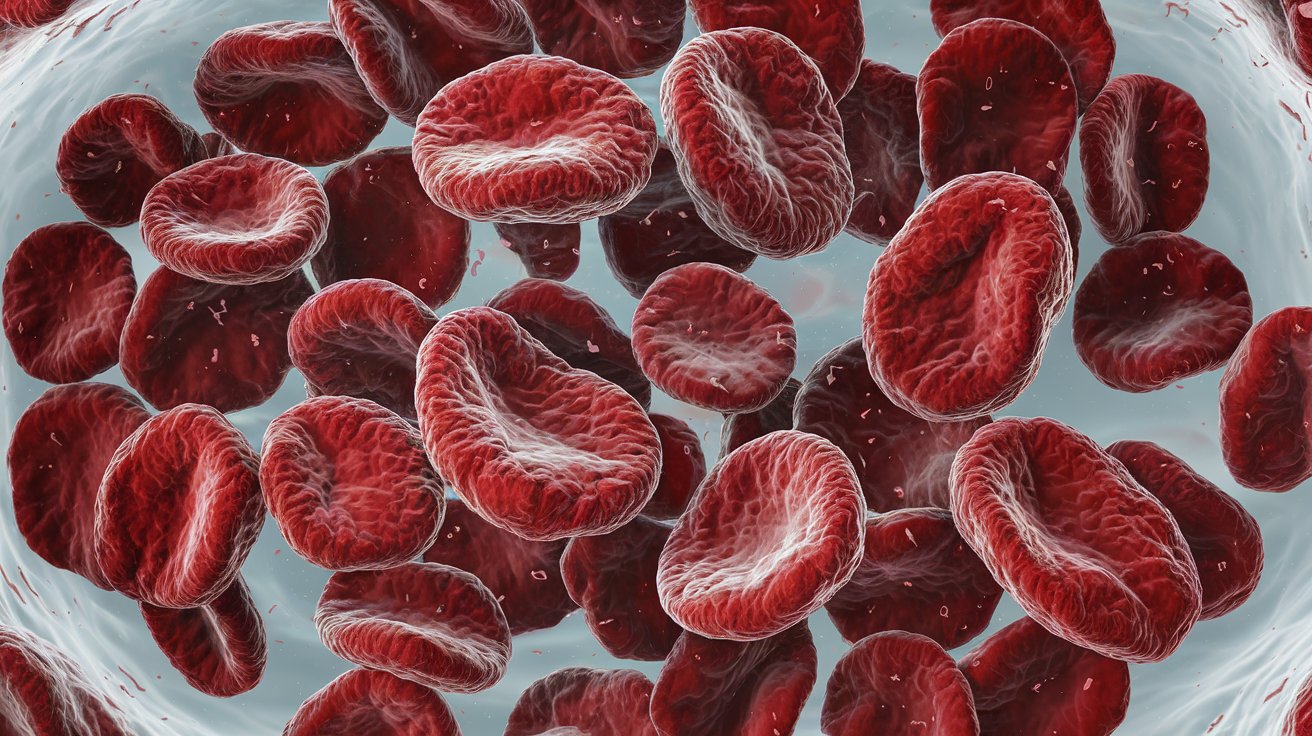
Lysine Alpha-Ketoglutarate Reductase Deficiency might sound like a mouthful, but understanding it can be crucial for those affected. This rare genetic disorder impacts the body's ability to break down lysine, an essential amino acid. Symptoms can range from mild to severe, including developmental delays, muscle weakness, and metabolic crises. Early diagnosis and management are key to improving quality of life. Genetic testing plays a vital role in identifying the condition. Treatments often involve dietary adjustments and supplements to manage symptoms. By learning more about this deficiency, families and healthcare providers can better support those living with it.
Key Takeaways:
- Lysine Alpha-Ketoglutarate Reductase Deficiency is a rare genetic disorder affecting lysine processing, leading to varied symptoms. Early detection and proper management can improve quality of life for affected individuals.
- Research and collaborative efforts are crucial in understanding and managing Lysine Alpha-Ketoglutarate Reductase Deficiency. Support groups and advocacy play a vital role in improving access to care and resources for affected individuals.
What is Lysine Alpha-Ketoglutarate Reductase Deficiency?
Lysine Alpha-Ketoglutarate Reductase Deficiency is a rare metabolic disorder. It affects the body's ability to process lysine, an essential amino acid. Here are some intriguing facts about this condition:
-
Lysine is Essential: Lysine is crucial for protein synthesis, hormone production, and enzyme function. The body cannot produce lysine on its own, so it must be obtained through diet.
-
Enzyme Malfunction: The deficiency results from a malfunction in the enzyme lysine alpha-ketoglutarate reductase. This enzyme is vital for breaking down lysine.
-
Genetic Disorder: This condition is inherited in an autosomal recessive manner. Both parents must carry the defective gene for a child to be affected.
-
Rare Condition: Lysine Alpha-Ketoglutarate Reductase Deficiency is extremely rare, with only a few documented cases worldwide.
-
Symptoms Vary: Symptoms can range from mild to severe and may include developmental delays, muscle weakness, and intellectual disability.
How is Lysine Alpha-Ketoglutarate Reductase Deficiency Diagnosed?
Diagnosing this deficiency involves several steps. Early detection is crucial for managing symptoms effectively.
-
Newborn Screening: Some regions include this condition in their newborn screening programs, allowing for early diagnosis.
-
Blood Tests: Elevated levels of lysine in the blood can indicate the presence of this deficiency.
-
Genetic Testing: Confirmatory diagnosis often involves genetic testing to identify mutations in the AASS gene, which encodes the enzyme.
-
Urine Analysis: Abnormal metabolites in the urine can also suggest this metabolic disorder.
-
Clinical Evaluation: A thorough clinical evaluation by a metabolic specialist is essential for an accurate diagnosis.
Treatment Options for Lysine Alpha-Ketoglutarate Reductase Deficiency
While there is no cure, several treatment options can help manage the symptoms and improve quality of life.
-
Dietary Management: A low-lysine diet can help reduce symptoms by limiting the amount of lysine the body needs to process.
-
Amino Acid Supplements: Supplements of other amino acids may be necessary to ensure proper nutrition.
-
Medications: Certain medications can help manage specific symptoms, such as seizures or muscle weakness.
-
Physical Therapy: Regular physical therapy can improve muscle strength and coordination.
-
Regular Monitoring: Ongoing monitoring by healthcare professionals is crucial to adjust treatment plans as needed.
The Role of Research in Lysine Alpha-Ketoglutarate Reductase Deficiency
Research plays a vital role in understanding and managing this rare condition. Ongoing studies aim to uncover new insights and potential treatments.
-
Genetic Research: Scientists are exploring the genetic basis of the deficiency to develop targeted therapies.
-
Enzyme Replacement Therapy: Research is underway to investigate the potential of enzyme replacement therapy as a treatment option.
-
Clinical Trials: Clinical trials are essential for testing new treatments and improving existing ones.
-
Patient Registries: Patient registries help researchers collect data on the natural history of the disease and treatment outcomes.
-
Collaborative Efforts: International collaborations among researchers, clinicians, and patient advocacy groups are crucial for advancing knowledge and care.
Living with Lysine Alpha-Ketoglutarate Reductase Deficiency
Living with this condition presents unique challenges. Support and resources can make a significant difference.
-
Support Groups: Joining support groups can provide emotional support and practical advice from others facing similar challenges.
-
Educational Resources: Access to educational resources helps families understand the condition and manage it effectively.
-
Advocacy: Advocacy efforts aim to raise awareness and improve access to care and resources for affected individuals.
-
Financial Assistance: Financial assistance programs can help cover the costs of medical care and treatments.
-
Quality of Life: With proper management and support, individuals with Lysine Alpha-Ketoglutarate Reductase Deficiency can lead fulfilling lives.
Final Thoughts on Lysine Alpha-Ketoglutarate Reductase Deficiency
Lysine Alpha-Ketoglutarate Reductase Deficiency, though rare, has significant implications for those affected. Understanding the symptoms, diagnosis, and treatment options can make a huge difference in managing this condition. Early detection is key to improving quality of life. Genetic counseling can provide valuable insights for families. Staying informed about the latest research and advancements is crucial. If you suspect you or a loved one might be affected, consult a healthcare professional. Knowledge empowers us to take proactive steps. Remember, while this condition is complex, support and resources are available. Don’t hesitate to reach out to medical experts and support groups. They can offer guidance and assistance. Stay vigilant, stay informed, and take control of your health journey.
Frequently Asked Questions
Was this page helpful?
Our commitment to delivering trustworthy and engaging content is at the heart of what we do. Each fact on our site is contributed by real users like you, bringing a wealth of diverse insights and information. To ensure the highest standards of accuracy and reliability, our dedicated editors meticulously review each submission. This process guarantees that the facts we share are not only fascinating but also credible. Trust in our commitment to quality and authenticity as you explore and learn with us.
